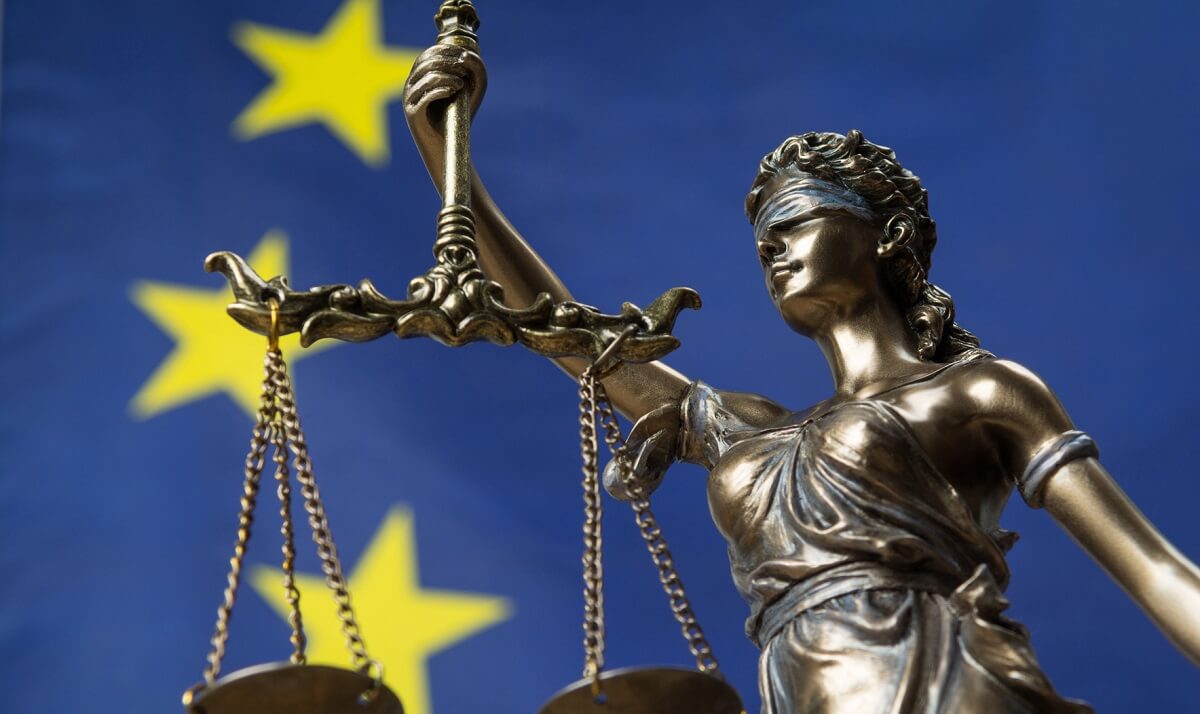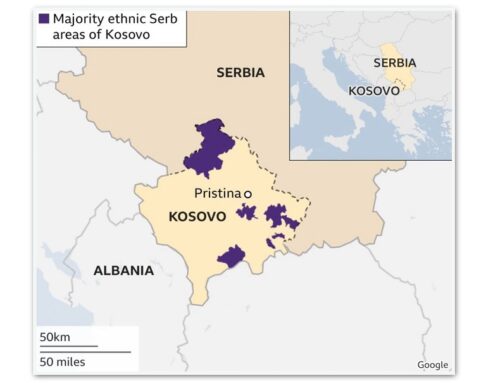While the disbursement of the EU financial aid packages to the Member States has begun, as part of the Multiannual Financial Framework and the recovery package aimed at countering the financial damages resulting from the outbreak of Covid-19, as well as boosting the digital/green transition, payments to a few countries are subject to delays. This is, in particular, the case of two Members, namely Poland and Hungary.
Since the year 2017 relations between Brussels, Warsaw and Budapest, have gradually become tenser and worsened due to emerging concerns related to the Rule of Law principle. Potential risks in breaches to the latter mentioned principle urged the European Union to enact Article 7 procedures for both Poland and Hungary, on separate occasions.
In November 2020, both Poland and Hungary had become the antagonists in the story that risked seriously hampering the progress achieved to proceed with a smooth approval and consequent disbursement of the EU budget, including the Recovery Fund. The leaders of the two CEE countries placed a veto on the financial package, as a response to the Rule of Law conditionality mechanism linked to the provision of the funds and aiming at protecting the money. In consideration of the urgent circumstances, an agreement was achieved to release the blockage. As a result, the legality of the Rule of Law mechanism will be discussed in the context of the EU Court of Justice (ECJ).
As regards more recent events, all 27 Member States were invited to submit their “recovery and resilience plans” by April 2021, outlining national spending initiatives, to be subsequently approved by the European Commission. As of September 17, the majority of the Members have obtained a positive endorsement for their plans. Moreover, 13 countries have already received the first installment of the allocated funds, amounting to 13% of the total.
Of all 27 Member States, Poland and Hungary are among the few that have not yet obtained a placet from the European Commission. At the beginning of September, Paolo Gentiloni, the European Economic Commissioner, clearly stated that recent events concerning Poland highly influence the distribution of the funds, amounting to EUR 57 billion, to the country. A further statement concerning the issue was released by the Executive Vice President of the European Commission, Valdis Dombrovskis, who specified how national plans are still under evaluation, and funds are linked to Poland’s and Hungary’s ability to meet the European Union’s criteria.
Indeed, in both cases, the reason for a delayed disbursement of the financial aid is related to Warsaw’s and Budapest’s escalated disagreements with Brussels in the preceding months.
As far as Poland is concerned, the latest events, that once again triggered a reaction from the EU, regarded the country’s initiatives at the judicial level. More precisely, between 2019 and 2020, the Polish government introduced a new legislation that seriously threatens the independence of the judiciary and questions the preeminence of the European Union law over the national. As a consequence, in July of this year, the European Court of Justice required the suspension of the activities of the Polish Disciplinary Chamber. Nevertheless, Warsaw’s initiatives to meet the requirements set by the ECJ ruling have proven to be scarce, eventually leading to the European Commission urging for financial sanctions against Poland.
On the other hand, events at the Hungarian political level sparked international political turmoil after the introduction, in June, of controversial anti-LGBTQ measures by the national parliament. These developments add to existing frictions connected to declining press freedom, democratic standards and overall Rule of Law deterioration in Hungary. Despite Viktor Orban’s rceent public comments, linking the failure of disbursement of the first sum of the funds to the new Hungarian LGBTQ policy, the EU has highlighted how the reason behind the delayed provision is related to anti-corruption and judiciary independence requirements. Moreover, on September 14, a resolution was passed in the context of the European Parliament, requiring the recognition of same-sex marriages in all Member States, and therefore condemning non-conforming countries and urging for procedures against them.
Finally, just a few days ago, on September 17, the President of the European Commission Ursula von der Leyen implicitly commented on the two countries in the occasion of the “State of the Union” speech, pointing out how the EU’s intention and initiatives to preserve Rule of Law and fundamental principles remain firm.
One could, therefore, conclude that, while the Rule of Law conditionality was effectively circumvented – at least until an ECJ ruling is produced on the issue – the European Union Institutions have a number of instruments at their disposal to ensure that the enormous quantity of allocated money is placed in the right hands.
Sources:
https://www.politico.eu/article/poland-legal-eu-court-reprimand-disciplinary-procedure-for-judges/
https://ec.europa.eu/commission/presscorner/detail/en/ip_21_4587


